The term ‘cult’ often conjures sensationalist imagery and extreme behavior. However, a closer examination reveals a more complex relationship between cults, capitalism, and societal norms. This article delves into this interconnection, highlighting the need for a more nuanced understanding of cults beyond their sensationalist portrayal.
The Cult-Capitalism Nexus
The rise of figures like Keith Raniere of NXIVM has drawn public attention to cults. However, the fascination with such figures often overshadows similar practices in mainstream capitalism, exemplified by figures like Jeff Bezos. The cultish behaviors in corporations and the glorification of billionaire CEOs reflect a concentrated, localized form of capitalism, challenging the distinct boundary between cults and corporate culture. Cults often attract individuals in marginalized and vulnerable circumstances. Rather than addressing the societal failures contributing to these vulnerabilities, such as inadequate social services, the sensationalism around cults tends to ridicule and stigmatize their members. This approach diverts attention from the systemic issues at play, including the deep-seated inequalities perpetuated by capitalist structures.
The Role of Media and True Crime
The portrayal of cults in media and true crime documentaries often parallels the narrative strategies employed in cop dramas, reinforcing certain stereotypes and ignoring the broader context. This trend reflects a cultural tendency to oversimplify complex social phenomena, ignoring the underlying economic and power dynamics. The methods employed by cult leaders like Raniere are not significantly different from those used by some corporate leaders. This similarity suggests that the techniques of control and exploitation in cults are derived from the worst aspects of predatory capitalism. Such parallels necessitate a reevaluation of how society perceives and addresses the concept of cults.
The discourse around cults often fails to address the deeper issues of power dynamics and economic exploitation inherent in our societal structures. By focusing on sensationalist aspects, we overlook the ways in which cult-like behaviors are embedded within and reflective of broader capitalist practices. A more critical and nuanced understanding of cults can shed light on these intertwined societal issues.
Did you enjoy this article? Checkout the podcast here: https://gettherapybirmingham.podbean.com/
Bibliography:
Assagioli, R. (1965). Psychosynthesis: A Manual of Principles and Techniques. Hobbs, Dorman & Company. Assagioli, R. (1973). The Act of Will. Penguin Books. Assagioli, R. (1971). Transpersonal Development: The Dimension Beyond Psychosynthesis. Smiling Wisdom. Grof, S. (1975). Realms of the Human Unconscious: Observations from LSD Research. Viking Press. Maslow, A. H. (1969). Toward a Psychology of Being. Van Nostrand Reinhold.
Further Reading:
Becker, R. (2020). Cults, Capitalism, and the Allure of the Charismatic Leader. The New Yorker. https://www.newyorker.com/culture/cultural-comment/cults-capitalism-and-the-allure-of-the-charismatic-leader Ferrucci, P. (1982). What We May Be: The Visions and Techniques of Psychosynthesis. Tarcher. Firman, J., & Gila, A. (1997). The Primal Wound: A Transpersonal View of Trauma, Addiction, and Growth. State University of New York Press. Galloway, S. (2017). The Four: The Hidden DNA of Amazon, Apple, Facebook, and Google. Portfolio. Hastings, A. (1999). Transpersonal Psychology: The Fourth Force. Journal of Humanistic Psychology, 39(1), 29-43. Hickel, J. (2020). Less is More: How Degrowth Will Save the World. Penguin Random House. Kramer, J. (2019). Cults and Capitalism in the 21st Century. Repeater Books. Srinivasan, A. (2019). The Rise of the Viewdata Cult. London Review of Books, 41(22). Walsh, R., & Vaughan, F. (1993). Paths Beyond Ego: The Transpersonal Vision. Tarcher. Whitmore, D. (1991). Psychosynthesis Counselling in Action. Sage Publications.






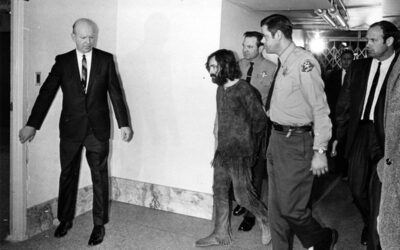




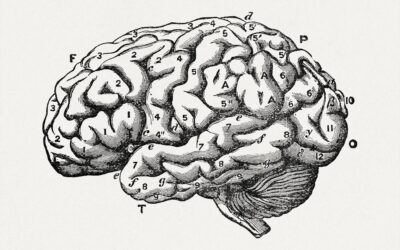



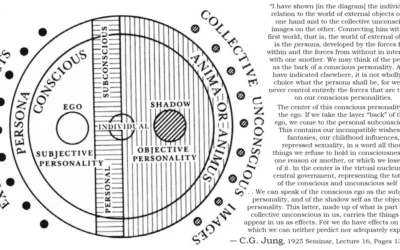

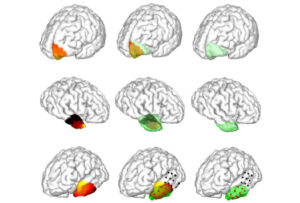


0 Comments